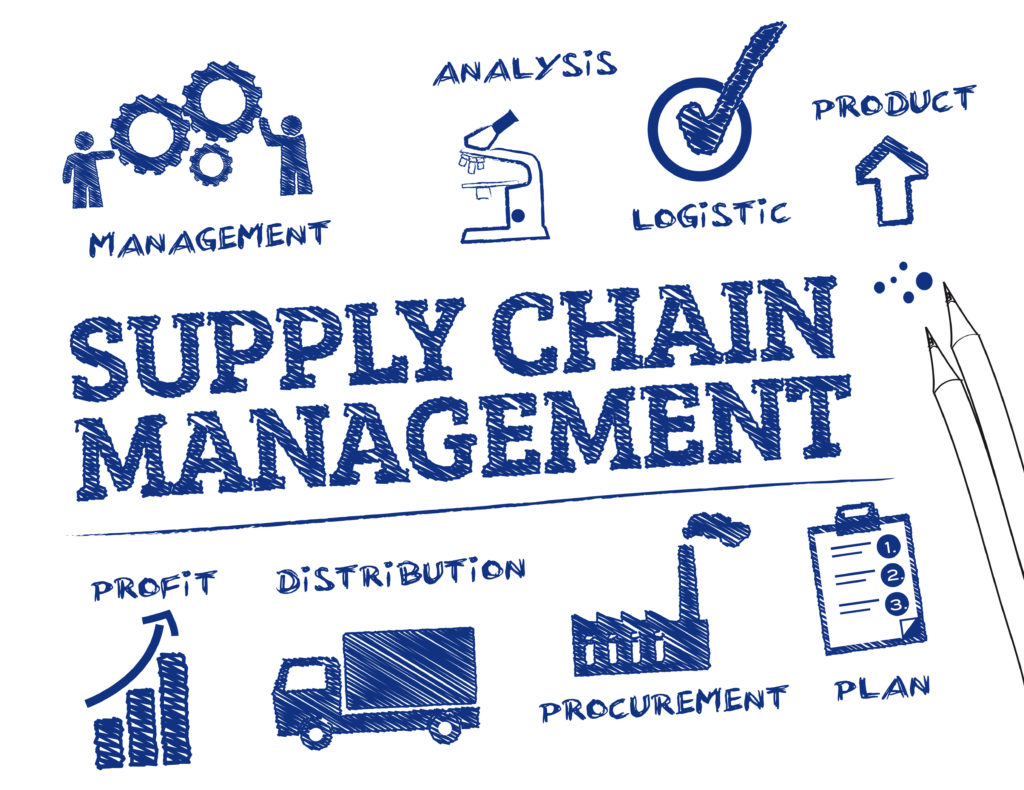Taxation Studies

Taxation studies are at the very core of what makes every economy tick over. Taxation studies are necessary because, without tax we wouldn’t have hospitals, roads or third level education. Tax professionals provide crucial financial direction to Irish and multinational companies. In the civil service sector, the tax authorities play a key role in the battle against organised crime and fraud.
Taxation Studies: Education
It is completely feasible for graduates of business, accounting, finance or law courses, as well as arts and sciences, to work in taxation. But there are courses with a focus on taxation that will hasten your progress.
The Limerick Institute of Technology offers an Honours Degree in Law & Taxation. Students do modules such as Financial Accounting, Public Sector Economics, Constitutional Law, as well as various tax modules.
The University of Limerick is in close partnership with the Revenue Commissioners. Revenue’s dedicated National Centre for Taxation Studies also teaches a core component in undergraduate programmes. These include the Bachelor of Business Studies (Accounting & Finance) and the BA (Honours) in Law and Accounting. In addition, the University of Limerick offers a Diploma and BA (Hons) in Applied Taxation. This is specifically designed for employees of the Revenue Commissioners.
Non-graduates can also apply to the Revenue Commissioners at the clerical level. A third level graduate is generally qualified to become an executive officer. Candidates for the higher position of Administrative Officer in the Revenue Commissioners need a first or second-class Honours degree.
The Work
Graduates of these courses will work in private sector taxation in accountancy firms, financial institutions, major legal firms and multinational corporations.
In the civil service, the Public Appointments Service organizes tax roles. Occasionally the Revenue Commissioners do this themselves. Training and promotion are available in all areas of the civil service. Revenue Commissioners staff can apply for promotion to roles such as customs and excise enforcement, and inspector of taxes.
Registered Tax Consultants help their clients make the best business decisions. They monitor and anticipate changes to tax legislation, and also respond quickly with advice specific to the client’s particular commercial requirements. Furthermore, they handle revenue inquiries; develop, sell and implement tax planning ideas; manage the tax compliance process for clients; structure mergers and acquisitions; research and utilise tax benefits in Ireland and overseas; and assist clients with tax reporting.
Public sector roles include customs and excise enforcement officers. They work in Ireland’s ports and airports as well as visit businesses to ensure that their VAT records are up to date and in order. The inspector of taxes may be assigned a wide range of tasks, including the determination of tax liabilities; assisting in the development of services to taxpayers (individuals and businesses); and investigating suspected tax evaders.
It will not shock you that a good grasp of numbers and maths is necessary. If you are someone who enjoys researching and analysing problems, then taxation could be the career for you.
Did you know?
There have been some pretty strange taxes over the centuries; these include a tax on urine in Ancient Rome, beards in Russia, and hats in Britain.


Leave a comment